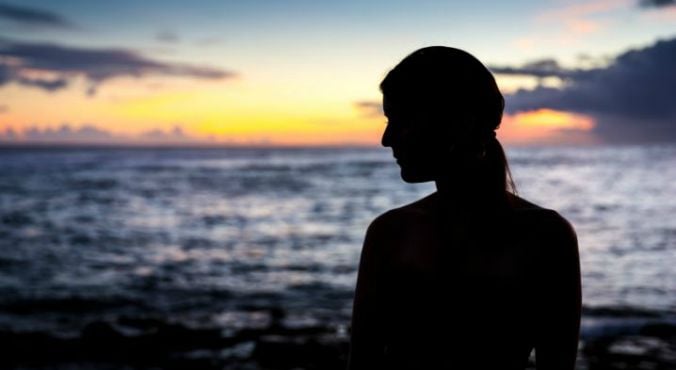
Image via iStock.
Blocking the means of suicide at “hotspots” such as high bridges and cliffs reduces the number of deaths at these locations by 90 per cent, new research shows.
The University of Melbourne study found prevention approaches such as placing signs and crisis-assistance numbers and increasing the likelihood of intervention by a third party significantly reduced the number of deaths at these locations.
According to statistics from crisis service provider Lifeline, deaths by suicide in Australia have reached a 10-year peak with twice as many people dying from suicide than in road-related deaths.
“These key interventions have the potential to complement each other and buy time to allow an individual to reconsider their actions and allow others the opportunity to intervene,” said the lead author of the study, Professor Jane Pirkis.
One location the study cites was The Gap, an ocean cliff in eastern Sydney in Watsons Bay where an inwardly curved fence was built along the cliff’s edge, and telephones and signs were installed linking directly to Lifeline.
The paper found interventions to restrict access resulted in 91 per cent fewer suicides per year when looked at in combination with other interventions and a 93 per cent reduction when used in isolation.
“Although suicide methods at high-risk locations are not the most common ways for people to take their own lives and may only have a small impact on overall suicide rates, suicide attempts at these sites are often fatal and attract high-profile media attention which can lead to copycat acts,” Professor Pirkis said.




























































































